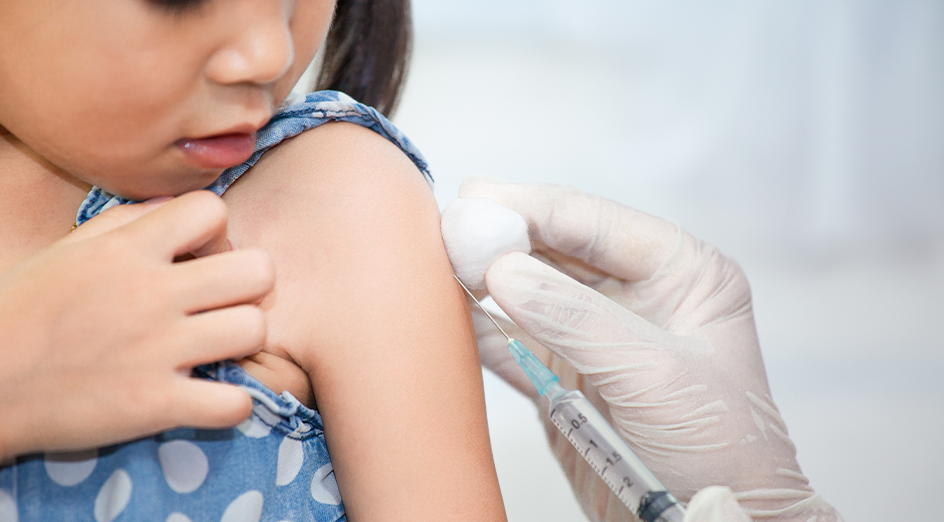A new book that examines the recent history, politics and ethics of childhood vaccine policy in the United States argues that clashes over vaccine policy pre-date Covid-19 and dramatically shaped what happened during the pandemic.
"The book unpacks the meaning and impact of these efforts for broader debate about the US's immunisation policy, including conflicts about public health measures during the COVID-19 pandemic."
Associate Professor Katie Attwell, UWA's VaxPolLab
American states' attempts to exclude unvaccinated children from schools are the focus of America's New Vaccine Wars, co-authored by Associate Professor Katie Attwell, from The Univerity Western Australia's VaxPolLab, and Professor Mark Navin, a US bioethicist.
"This book helps readers understand why vaccine mandates cause conflict in contemporary American politics," Associate Professor Attwell said.
"It also provides an analysis of the likely future of America's immunisation governance in light of emerging political conflict about vaccine mandates, especially after Covid-19."
The book features interviews and narratives about pro-vaccine parent activists and political activists who helped change immunisation policy in California and across the country.
"These new policies have increased childhood immunisation rates, but they have also ignited polarising, nationwide debates about parents' rights, democracy and the authority of the government to use coercion to promote health," Associate Professor Attwell said.
"The book explores the meaning of these battles for parents, doctors and American politics."

America's New Vaccine Wars uses California's efforts to exclude unvaccinated children from school and daycare following the Disneyland measles outbreak of 2014 as a case study.
"It is a story about how politicians and community members fought to exclude unvaccinated children from school in the face of significant opposition and failing public health institutions," Associate Professor Attwell said.
"The book unpacks the meaning and impact of these efforts for broader debate about the US's immunisation policy, including conflicts about public health measures during the COVID-19 pandemic."






